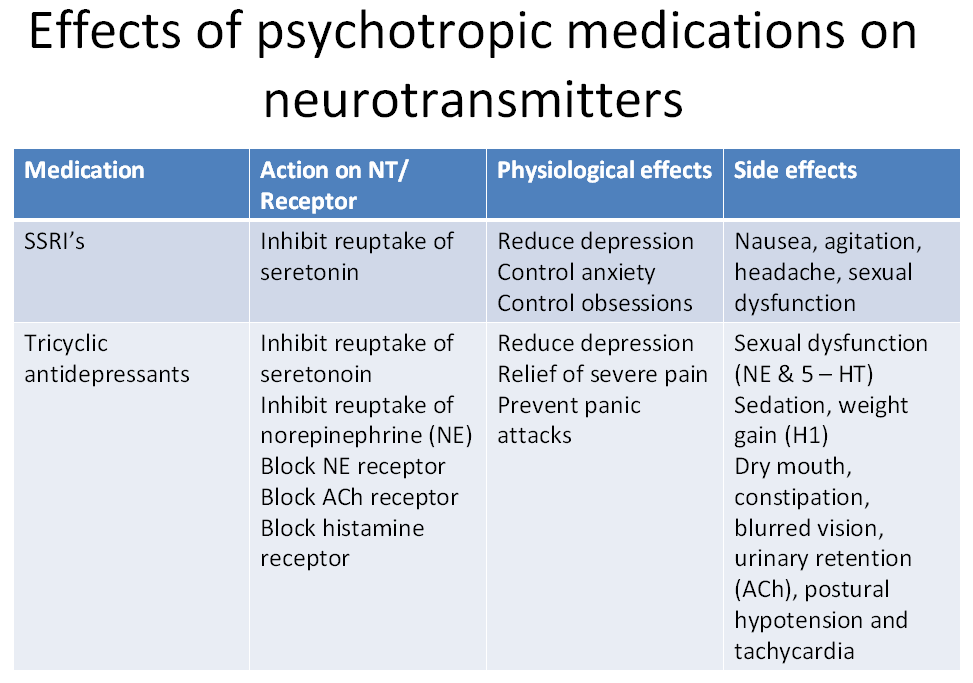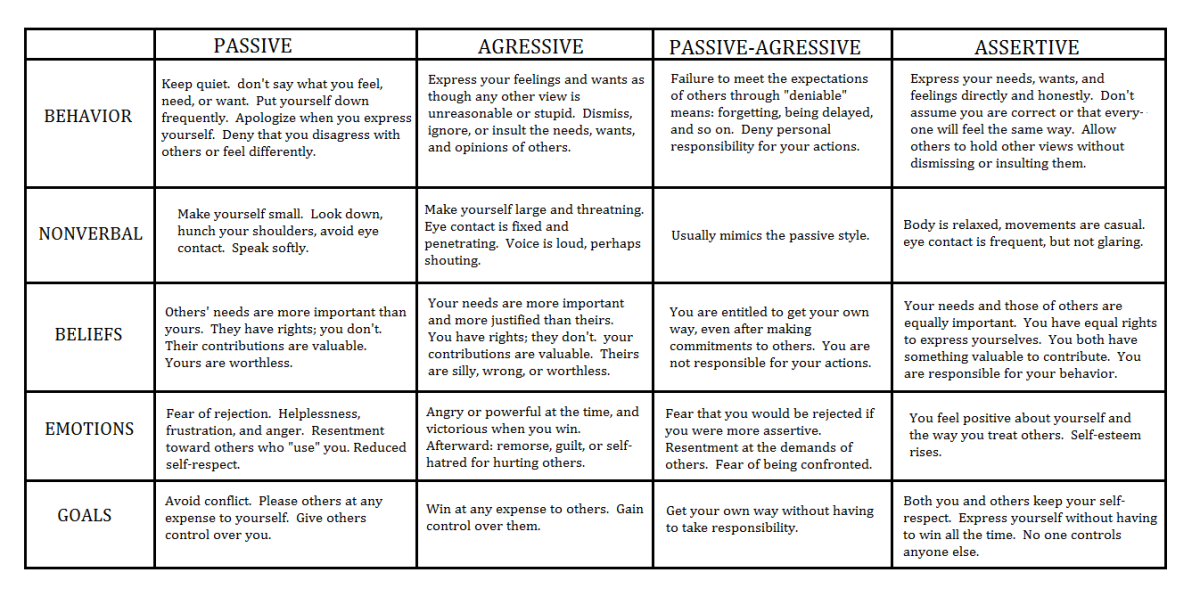Self esteem for teens
How to Build Self Esteem and Confidence in Teens
As parents, we want our teens to feel confident about who they are. We cross our fingers that the encouragement and support we’ve given them up to this point has been enough to build strong self-esteem.
The reality is the teenage years are full of change.
A teen's brain experiences a “reorganization” that can leave both parents and teens feeling overwhelmed, exhausted, and confused.
As teens search for their place in the world, many struggle through situations that challenge beliefs about themselves they’ve clung to for years.
Thankfully, this doesn’t signal the end of your influence! Follow the 15 practical and super effective tips below to help your teen grow into a strong, confident adult with healthy self-worth.
Before you continue, we thought you might like to download our FREE Your Words Matter Kit. With these 10 popular parenting guides, you will know exactly how to speak to your children to help them develop confidence, internal motivation, and a can-do attitude.
1. Love Unconditionally.
Make sure your teen can rest assured your love does NOT depend on their grades, performance, friend group, college, or any other factor - including their choices or behavior.
When we tie love to performance, we miss the essence of unconditional love - that it is freely given because our teen is enough just as they are.
This doesn’t mean you and your teen can’t make mistakes, have bad days, or have arguments. And, it certainly doesn’t mean you ignore abuse. It’s just a reminder the overall message your teen should receive is: “I love you no matter what. I’m committed to loving you through the ups and downs.”
2. Embrace a Growth Mindset in Your Home.
Many teens are stuck in a “fixed mindset” about who they are or what they can or cannot accomplish and often feel unsure how to move forward.
Bring what you’re learning about growth mindset into your family conversations. Talk about the brain, use words like neuroplasticity, and make observations about areas in which you’ve seen your teen grow.
Talk about the brain, use words like neuroplasticity, and make observations about areas in which you’ve seen your teen grow.
Even if your teen seems to reject it outright, sprinkle these messages into your interactions, reminding them their abilities are not fixed, inborn, and inflexible, but there is always room to grow and improve.
3. Make Room for Failure.
Mistakes and setbacks can crush delicate self-esteem and wreak havoc on a child’s confidence. Your voice is essential in these situations. When you criticize, panic, or gloss over a failure, you emphasize a fixed mindset, basically sending the message this bump in the road is a sign there is no hope for improvement in the future.
Instead, take a deep breath and open up the conversation with your teen. Ask questions like:
- Where did things get off track?
- What things influenced this decision?
- What did you learn from this situation?
- How are you planning to move forward in a positive direction?
The Big Life Journal - Teen Edition includes activities and advice on accepting mistakes and how to use failures to your advantage. When teens view failures as learning experiences, they can overcome obstacles in their paths.
When teens view failures as learning experiences, they can overcome obstacles in their paths.
It’s easy to go overboard, gushing about your teen’s awards, accolades, and achievements. Unfortunately, these things can become tied to their self-esteem, causing them to feel they’re only worthwhile if they achieve.
On the flip side, they aren’t worthwhile if they fall short or fail. Instead, congratulate your teen’s accomplishments, milestones, and growth by emphasizing their hard work, effort, and perseverance.
Focusing on the characteristics that got them to this point will help them make the connection between their effort and the result.
Effective praise can build resilience, confidence, and self-direction. Check out our Ultimate Guide to Praising Kids for additional tips and positive phrases.
Don't forget to download our FREE Your Words Matter Kit with 10 helpful parenting guides and tips to use when speaking to your children.
Adolescence is a time of huge brain growth, but it can also highlight areas where your teen struggles - physically, academically, socially, or emotionally - more than they did when they were younger.
These new struggles can lead to feelings of negative self-worth. When you identify an area of concern or notice a challenge, encourage your teen to see this as an opportunity to grow, learn and expand their interests and abilities.
Look for ways to build on things your teen is already passionate about and explore options for them to use these situations to practice or sharpen new skills.
6. Be a Family that Doesn’t Give Up.
Many people believe they need to feel confident before they tackle something difficult.
Carol Dweck states, “A remarkable thing I’ve learned from my research is that in the growth mindset you don’t always need confidence.”
Your teen can still try something they’re not good at or start something new, even if they don’t feel super confident at the outset. If they stick to something wholeheartedly, they embrace a growth mindset and can build confidence along the way. (This is also true for parents learning to relate to their teenagers!)
If they stick to something wholeheartedly, they embrace a growth mindset and can build confidence along the way. (This is also true for parents learning to relate to their teenagers!)
As teens navigate through the ups and downs of new situations and often overwhelming emotions, it helps to know these challenges are normal.
Building self-esteem and confidence often means taking bold stands and making decisions that impact peer groups or social standing.
Remind your child they are not a “bad person” for moving on from a toxic friendship or choosing an activity over a boyfriend/girlfriend. Growth and maturity can be difficult, but it doesn’t mean your teen is doing something wrong.
8. Talk About Assertiveness.Confident, clear, and persuasive communication does not come easy to everyone. Many teens don’t have a grasp on the differences between assertive, passive, and aggressive communication.
Discuss how nuances such as tone of voice can make or break a conversation. Point out how body language and nonverbal cues can send a message of their own.
Point out how body language and nonverbal cues can send a message of their own.
Encourage your teen to practice in front of a mirror so they can begin to identify the nuances of assertive communication. Standing up tall, rolling their shoulders back, and speaking clearly can improve how your teen feels, especially if they aren’t feeling very confident going into a difficult situation.
9. Practice at Home.
Create a safe space for your teen to process through difficult situations. Give them the freedom to talk freely about challenges, peer conflict, and gripes about “unfair” teachers and overwhelming homework assignments.
Then, explore ways they can manage these situations with confidence, addressing others in a way that is respectful and keeps their self-worth intact.
For teens who struggle to communicate clearly or are challenged in some social situations, use the safety of your home to explore their options. Role play potential conversations, using a variety of responses, tones of voice, volume, and nonverbal cues.
Growth mindset requires kindness and patience with ourselves as we grow and learn. Contrary to popular messages in social media and influences from their peer group, your teen doesn’t need an outside opinion to prove personal worth.
If you notice your teen is stuck in a negative or fixed mindset about their worth, encourage them to embrace self-compassion.
Introduce mindfulness apps or activities, create positive mantras or list affirmations where they will be seen on a regular basis. When your teen is struggling, encourage them to talk to themselves using the same words and tone of voice they would use if a close friend was struggling in the same way.
Activities such as creating your own mantra, developing affirmations, filling out an interests map, and designing a vision board are all included in the Big Life Journal - Teen Edition. These are great ways for teens to connect with themselves.
11.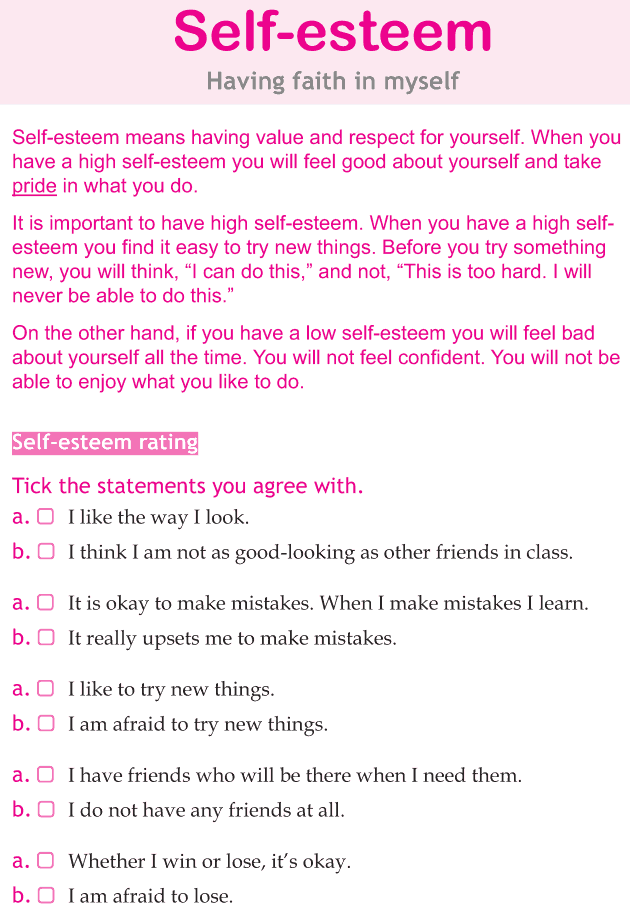 Encourage Diversity in Activities and Interests.
Encourage Diversity in Activities and Interests.Teens who are involved in a variety of activities, sports teams, volunteer opportunities, and educational activities tend to have a higher sense of self-esteem. They aren’t crushed by a setback in one area because they have other things feeding their self-worth.
When your teen engages in activities helping others, they gain a sense of purpose.
12. Give Less Advice.A [teen] who has many sources of self-esteem besides romantic activity is a [teen] who’s positioned to have a healthy romantic life when the time is right.
-Lisa Damour, author
It’s not easy to sit back and watch as your child struggles to learn or has to manage the consequences of an impulsive decision. It’s normal to want to share your wisdom or do what you can to smooth the path ahead for your teen.
However, learning to think through challenges, brainstorm options, and problem solve well can all build your teen’s confidence.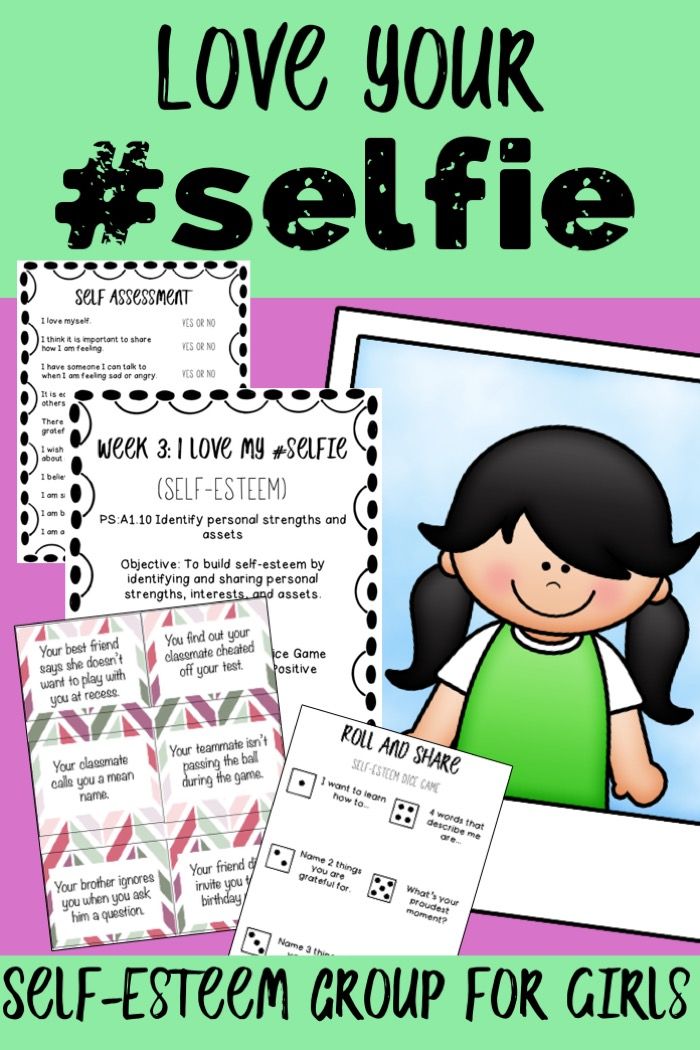
Rather than solving all of your teen’s problems for them, engage them in the process. Become a cheerleader, rather than a director. Listen as they explore where things went off track and then support your teen’s plan to move forward in a positive direction.
13. Ask for Advice.Parents face challenges and failures in our everyday lives. We can use these moments to show our teens that we are human and that we need help too! Be sure to discuss your challenges in front of your kids. Let them see you make mistakes.
Discuss the situation with them. Perhaps ask them for advice or see how they would approach your problem. This not only creates connection but shows your teen that you are NOT perfect and that you are learning and growing too.
14. Listen.Keep the relationship with your teen strong and build their self-worth by resisting the urge to turn everything into a “teachable moment” or a long lecture.
Instead, focus on listening to what your teen is saying. Don’t make assumptions, judgments, or jump to the offense. Begin with empathy, putting yourself in your child’s shoes.
Don’t make assumptions, judgments, or jump to the offense. Begin with empathy, putting yourself in your child’s shoes.
Relating to them on an emotional level, realizing that responding with logic or reasoning may push them away.
You don’t have to agree with your teen’s perspective to be empathetic. Focus on improving your listening skills rather than needing to be “right” or having the last word.
15. Model Confidence.Your teen is watching you. They are observing how you manage challenging situations and how you feel about yourself.
Watch the conversations you have when your teen is around - be careful you don’t put others down, criticize yourself, or make your own happiness dependent on other people or circumstances.
If you’ve struggled with these things in the past, admit to your teen you are still working on this, even as an adult.
Take an honest assessment of your own self-esteem and confidence. Then, embrace a growth mindset! Rather than beating yourself up, look for places or areas you want to improve, find things that will build your self-confidence.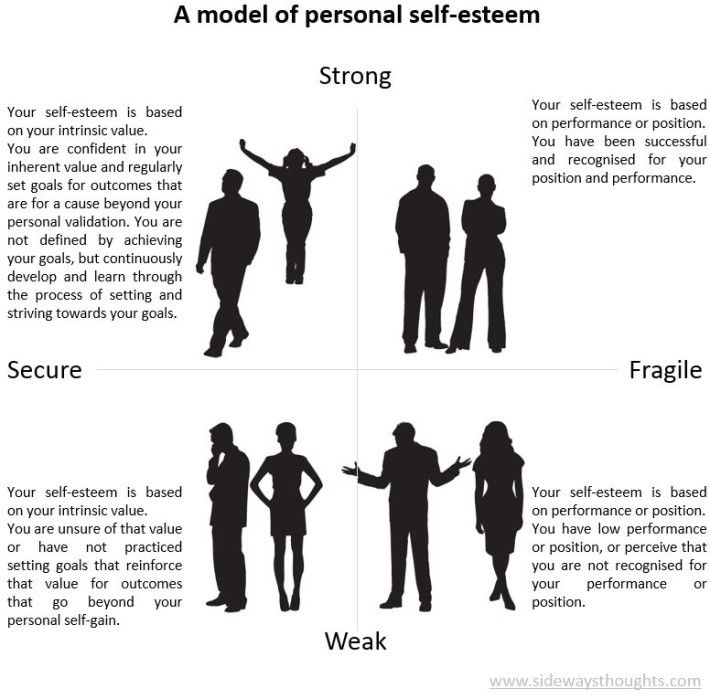 ..and then get started!
..and then get started!
Your teen’s true confidence is reflected in their mindset, and their readiness to grow and learn from the challenges they encounter. Unfortunately, this may take time.
You can’t force your child to embrace a growth mindset, practice positive affirmations, or try challenging activities, but you can create a home environment that nourishes and encourages these behaviors.
With your support, your teen can build self-worth and confidence which matches the images she’s sharing on social media.
Looking for additional resources for your teen? Check out the New Year Kit PDF (ages 11+) designed to help tweens and teens discover how to set effective goals, form new habits, and practice reflection and introspection. With the design your tweens and teens will love, this kit makes goal-setting and self-reflection actually fun!
How Can I Improve My Self-Esteem? (for Teens)
What Is Self-Esteem?
Self-esteem means feeling good about yourself.
People with self-esteem:
- feel liked and accepted
- are proud of what they do
- believe in themselves
People with low self-esteem:
- feel bad about themselves
- are hard on themselves
- think they are not good enough
Where Does Self-Esteem Come From?
Parents, teachers, and others. The people in our lives can affect how we feel about ourselves. When they focus on what's good about us, we feel good about ourselves. When they are patient when we make mistakes, we learn to accept ourselves. When we have friends and get along, we feel liked.
But if adults scold more than they praise, it's hard to feel good about yourself. Bullying and mean teasing by siblings or peers can hurt self-esteem, too. Harsh words can stick, and become part of how you think about yourself. Luckily, it doesn't have to stay that way.
The voice in your own head. The things you say to yourself play a big part in how you feel about yourself. Thinking, "I'm such a loser" or "I'll never make friends," hurts your self-esteem.
Thinking, "I'm such a loser" or "I'll never make friends," hurts your self-esteem.
There are other ways to think about the same things. "I didn't win this time — but maybe next time." "Maybe I can make some friends." That voice is more hopeful. It helps you feel OK. And it could turn out to be true.
Sometimes, the voice in our head is based on harsh words others have said. Or on bad times we have faced. Sometimes, the voice is just us being hard on ourselves. But we can change the voice in our own head. We can learn to think better of ourselves.
Learning to do things. We feel good when we learn to read, add, draw, or build. Play a sport, play music, write an essay, ride a bike. Set the table, wash the car. Help a friend, walk the dog. Each thing you learn and do is a chance to feel good about yourself. Step back and look what you can do. Let yourself feel happy with it.
But sometimes we're too hard on ourselves. We don't accept that what we do is good enough.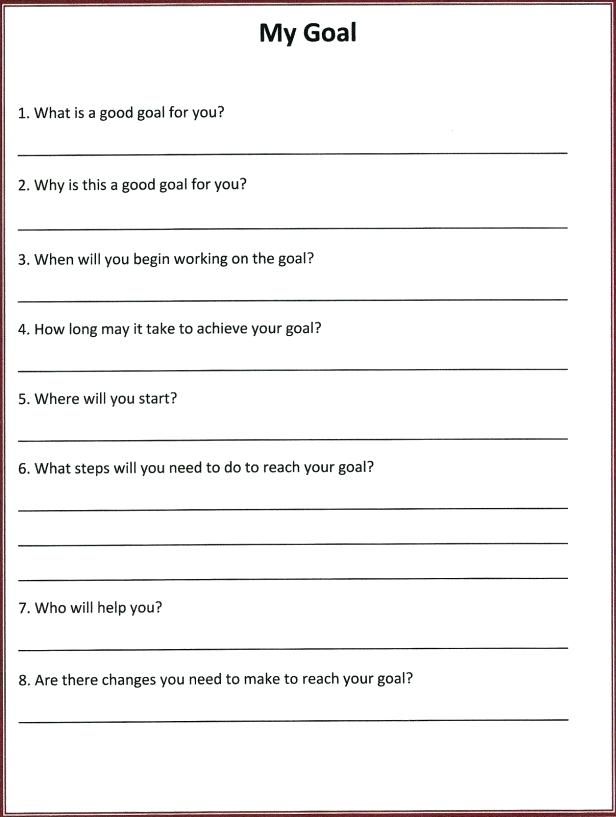 If we think, "It's not really any good," "It's not perfect," or "I can't do it well enough," we miss the chance to build self-esteem.
If we think, "It's not really any good," "It's not perfect," or "I can't do it well enough," we miss the chance to build self-esteem.
What If My Self-Esteem Is Low?
You can do things to feel better about yourself. It's never too late. Here are some tips to raise your self-esteem:
Be with people who treat you well. Some people act in ways that tear you down. Others lift you up by what they say and do. Learn to tell the difference. Choose friends who help you feel OK about yourself. Find people you can be yourself with. Be that type of friend for others.
Say helpful things to yourself. Tune in to the voice in your head. Is it too critical? Are you too hard on yourself? For a few days, write down some of the things you say to yourself. Look over your list. Are these things you'd say to a good friend? If not, rewrite them in a way that's true, fair, and kind. Read your new phrases often. Do it until it's more of a habit to think that way.
Accept what's not perfect. It's always good to do the best you can. But when you think you need to be perfect, you can't feel good about anything less. Accept your best. Let yourself feel good about that. Ask for help if you can't get past a need to be perfect.
Set goals and work toward them. If you want to feel good about yourself, do things that are good for you. Maybe you want to eat a healthier diet, get more fit, or study better. Make a goal. Then make a plan for how to do it. Stick with your plan. Track your progress. Be proud of what you've done so far. Say to yourself, "I've been following my plan to work out every day for 45 minutes. I feel good about it. I know I can keep it up."
Focus on what goes well. Are you so used to talking about problems that they're all you see? It's easy to get caught up in what's wrong. But unless you balance it with what's good, it just makes you feel bad. Next time, catch yourself when you complain about yourself or your day. Find something that went well instead.
Find something that went well instead.
Give and help. Giving is one the best ways to build self-esteem. Tutor a classmate, help clean up your neighborhood, walk for a good cause. Help out at home or at school. Make it a habit to be kind and fair. Do things that make you proud of the kind of person you are. When you do things that make a difference (even a small one) your self-esteem will grow.
Reviewed by: D'Arcy Lyness, PhD
Date reviewed: August 2018
A teenager's self-esteem: it cannot be lowered
Despite the fact that new authorities take the place of parents during this period, their support is extremely necessary for a teenager. Together with Anna Bykova, a psychologist and author of the Lazy Mom book series, we will figure out how parents can help their child form a healthy, adequate self-esteem.
Self-esteem of a teenager
As soon as a child begins to realize himself as a separate person (at about the age of two or three years), he develops a sense of "I", knowledge about himself is formed, for example: "I am Misha, I am a boy. " Along with this, the question arises: “What am I?”
" Along with this, the question arises: “What am I?”
The child's perception of himself: “I am good. I'm smart. I'm loved" or "I'm bad. I am harmful. I interfere with everyone, ”depends on what assessment of others he hears. In adolescence, there is a shift in the focus of external evaluation. If in preschool age, self-esteem is mainly influenced by parents, at primary school age - by teachers, then in adolescence, the answer to the question "What am I?" looking for peers.
The authority of parents is declining, and their ability to influence self-esteem is lower than it used to be
If peers recognize him as handsome, cheerful, smart, his self-esteem grows. If the reaction of peers is negative or completely absent (no one notices the child), self-esteem creeps down.
The authority of parents is falling, and their ability to influence self-esteem is lower than it was before. No matter how much a mother convinces her daughter that she is beautiful, the girl still has doubts about her attractiveness if not a single boy at school pays attention to her.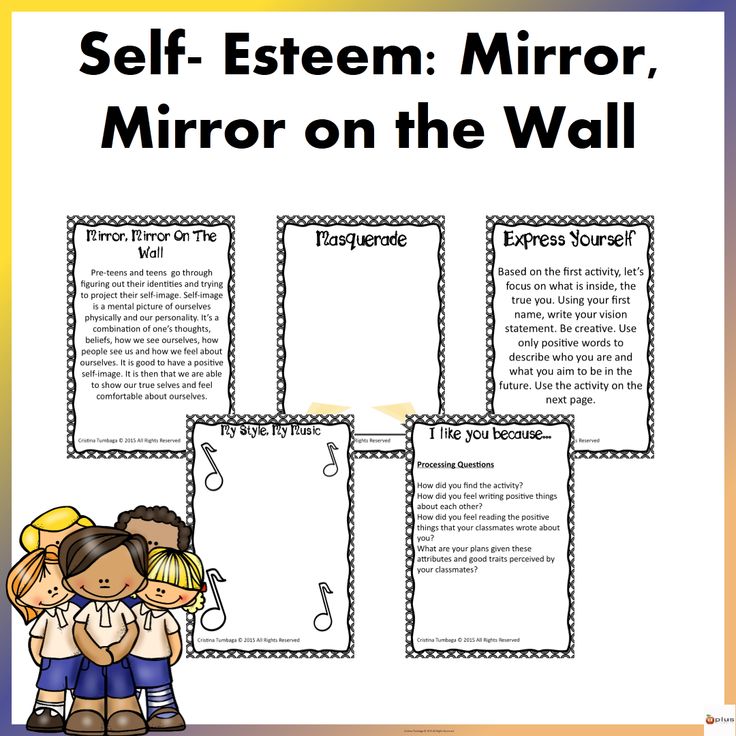 But this does not mean that you should not try to help the child.
But this does not mean that you should not try to help the child.
What parents should do
1. Do not aggravate or criticize. A teenager is already not sure of his own attractiveness, and if his parents confirm doubts, then self-esteem will fall completely. You can’t even criticize with good intentions: “What a beautiful girlfriend you have. But you are smart. In vain you spend all the time with her. She will quickly jump out with such an appearance. She may not need study, but you should go to university. You, daughter, study better. What does the girl hear? Just that she's not pretty.
2. Help your child feel beautiful. In adolescence, the importance of appearance increases. Parents can offer to go to a stylist, pick up a hairstyle, clothes, tidy up your teeth and skin. It happens that boys are very worried about skin rashes, but are embarrassed to talk about their problem. And the parents are sure that everything is in order, that their son is above worrying about such “trifles”. You should not pay close attention to this, but suggesting to go to the beautician together is a good idea.
You should not pay close attention to this, but suggesting to go to the beautician together is a good idea.
3. Support your teenager. Do not forget to praise, and if there is no reason for praise yet, you can give credit of trust: “I see your potential. I know that you are capable. I believe in you". The support of a parent of the same gender is especially important. Only dad or another authoritative man for a boy can give advice on how to communicate with girls or behave in a “pack”.
A parent should broadcast two important messages: “I'm cool” and “You're cool too. Even a little bit better than me"
4. Pay attention to your self-esteem. The child often identifies with the parents, so the adult needs to communicate two important messages: “I'm cool” and “You're cool too. Even a little better than me."
5. Create opportunities for new acquaintances: circles, clubs, holiday camps, travel. Getting into a new team, the child can open up in a new way. People will see the other side of him, and he will look at himself through their eyes. It happens that at school the child does not have a relationship with classmates, he does not communicate with anyone. But at the same time, everyone in the theater circle is delighted with his talent and sense of humor. The wider the social circle, the more different facets of the personality are revealed and the more voluminous the self-image becomes.
Getting into a new team, the child can open up in a new way. People will see the other side of him, and he will look at himself through their eyes. It happens that at school the child does not have a relationship with classmates, he does not communicate with anyone. But at the same time, everyone in the theater circle is delighted with his talent and sense of humor. The wider the social circle, the more different facets of the personality are revealed and the more voluminous the self-image becomes.
At the same time, it is necessary to teach him to understand people. When teenagers change their social circle, self-esteem may not change for the better: for example, from low or adequate to high.
Inadequately high self-esteem is a consequence of a strong internal vulnerability
At first glance, it may seem that the higher the self-esteem, the better. But inadequately inflated self-esteem can have negative consequences. It can be difficult for such a teenager to establish friendships. Others around him are uncomfortable, they feel inferior and tend to avoid communication.
It can be difficult for such a teenager to establish friendships. Others around him are uncomfortable, they feel inferior and tend to avoid communication.
Strange as it may seem, such self-esteem can be corrected in the same way as overestimated, because the “corona” is a consequence of a strong internal vulnerability. Out of fear that others will consider him worthless, the child will certainly want to become cooler, to prove himself in the best way, to prove to everyone his remarkableness. With healthy self-esteem, such a need usually does not arise. The formation of healthy self-esteem is a slow and rather laborious process, and it is important that a self-confident and caring adult helps a child to go this way.
About the author
Anna Bykova – psychologist, author of the Lazy Mom book series. More details on the site.
Text: Yana Verzun Photo credit: Getty Images
New on the site
Non-verbal communication: how to understand what is hidden behind the words of the interlocutor
Comparison, devaluation and criticism: how narcissism is born and manifested. Analysis from a psychologist
Analysis from a psychologist
“A man in doubt: become a monk or continue a relationship with me”
“I don’t love my husband, but I still refuse relationships with other men”
Intermittent fasting: what is the danger of a trendy diet - scientists’ conclusions
Turkey and Syria: eyewitness accounts and the opinion of a crisis psychologist
How to become support for yourself. 7 Insights From The Inner Support
Teenagers and self-esteem: 12 tips to help you believe in yourself
Elena Isupova
Adolescents are taciturn, prickly, irritable. Often they cannot understand what they really like, doubt their abilities and give in to successful peers. In general, they suffer from low self-esteem. Here are some useful tips from our books: they will calm you down, teach you to be kinder to yourself, and tell you how to reach your potential. Try to retell them to the children.
1. Maintain a list of achievements
Every day you need to find and write down five reasons to be pleased with yourself. Do this on weekdays and weekends, on school days and on holidays. It will be difficult at first. The main thing is not to give up: you can write not only about great achievements (getting the Nobel Prize or climbing Everest). The list may include the following items: put things in order at home without reminders, helped my sister with homework, went to the youth theater to watch, prepared well for the test.
Do this on weekdays and weekends, on school days and on holidays. It will be difficult at first. The main thing is not to give up: you can write not only about great achievements (getting the Nobel Prize or climbing Everest). The list may include the following items: put things in order at home without reminders, helped my sister with homework, went to the youth theater to watch, prepared well for the test.
It is important to remember your strengths. A list of achievements gives you a reason to feel your dignity every day. When it seems that self-esteem is falling, you need to look into it. Remember how you feel when you do good deeds. And again, treat yourself better.
2. Write down times when you have exceeded your expectations
You can not believe that you will pass the exam with "excellent", but cope with excitement, join the football team for the company, but become a good player, be on edge, but keep emotions and not start a quarrel.
Never believed that you would play the guitar, but decided to take the first lesson? Praise yourself! — Source
Such little things are worth considering. They will help to realize that we can do more than we think. Even when we don't particularly believe in ourselves.
They will help to realize that we can do more than we think. Even when we don't particularly believe in ourselves.
3. Get rid of the noise
Much is expected of each person. We constantly hear those who give us advice, it can be friends and rivals, family members and strangers, social networks and even our inner voice. All this noise drowns out our individuality. It also provides an opportunity to hide from fears and uncertainty. We hear what we “should do” and we feel like we have a reserve parachute, it gives the illusion of safety.
The trick is to distinguish noise from good advice. You need to decide if what others are saying is true. If so, think more seriously about these words. If not, move away from the noise.
This chart will help you distinguish constructive criticism from noise
4. Talk to ourselves respectfully
Sometimes we become our own most ruthless critics. Such thoughts can spin in my head: “Everyone is looking at me strangely”, “Everyone hates me” - although in reality this is not so.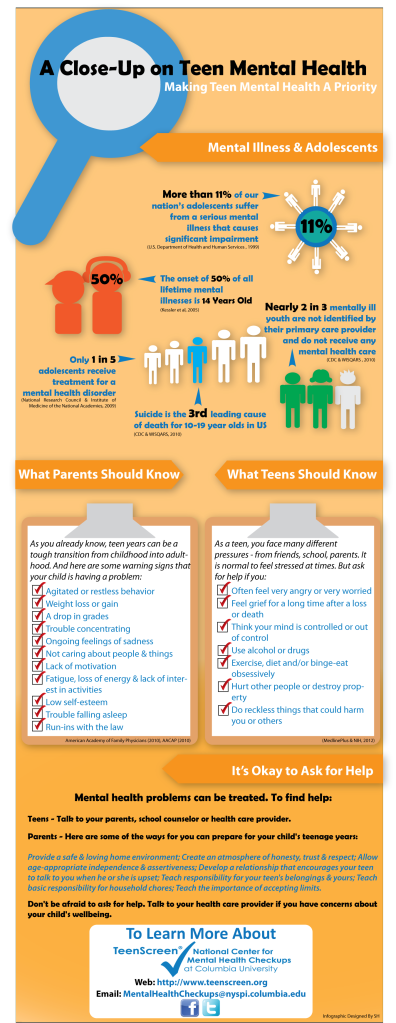 You can convince yourself that you are not good enough (or good), and regret that you were not born (born) by someone else. But it’s more correct to learn to talk to yourself as to a person you respect.
You can convince yourself that you are not good enough (or good), and regret that you were not born (born) by someone else. But it’s more correct to learn to talk to yourself as to a person you respect.
When negative thoughts appear, press Stop:
- Write down the rude and cruel words that you say to yourself, or hurtful remarks that do not come out of your head.
- The next time the old record plays, mentally press "Stop". Tell yourself: "I will not talk to myself in that tone."
- Then rewind and replace the negative statements with positive ones. "My family loves me", "I scored a goal last week and the whole team admired me." You can record simple phrases on the "record": "I believe in myself", "I deserve respect." Positive thoughts will give strength and fill you with optimism.
- Play new thoughts in your head and come back to them every time you feel like self-flagellation.
5. Find an inner mentor
Everyone has their own inner critic.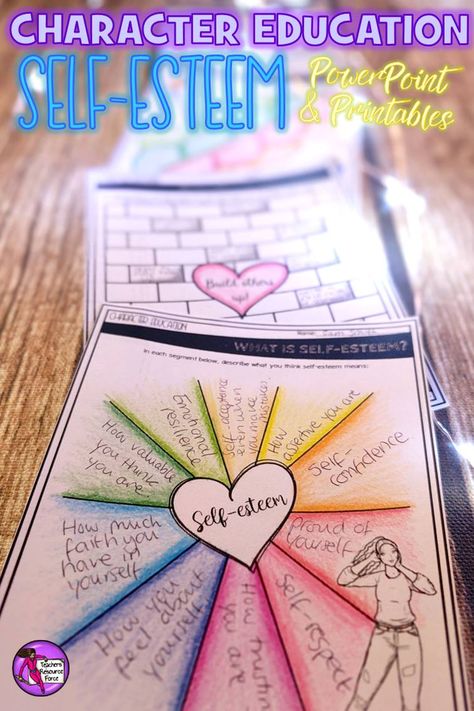 But what if you find an opponent for him - an internal mentor? It could be the person who cheered you up in the past. Or people who are grateful to you for your kindness and help. Or a person you admire (actor, philanthropist, athlete).
But what if you find an opponent for him - an internal mentor? It could be the person who cheered you up in the past. Or people who are grateful to you for your kindness and help. Or a person you admire (actor, philanthropist, athlete).
When the inner critic raises his head, the inner friend should be called. Ask yourself: “What would my good mentor say to that?” A simple tip will cheer you up and help you cope with your fears.
6. Spend time with those who love you
Gradually, for most teenagers, friends become more interesting than family. But relatives give something that other people cannot give: unconditional love and acceptance. This attitude is great for building self-esteem.
The love of loved ones gives us strength. — Source
If a stranger comes up to us on the street and says: “You are the best,
most wonderful person in the world”, we will try to run away. But if mom says this, we will smile, hug her and, of course, believe her.
7. Doing good
When you help someone, you feel useful, important, needed. Where to begin? Look around, talk with friends, neighbors, relatives. Ask for advice from parents, teachers, local activists.
You can help a homeless animal shelter. — Source
You don't have to join an organization to be useful. It is enough to devote one hour a week to collecting garbage in your area. Or read aloud to an elderly neighbor. Or look after small children while their parents do household chores. And do not forget to help your own family around the house.
8. Finding an adult to talk to
Being a teenager can sometimes be scary and difficult. Caring adults will help face fears and answer questions. It is worth choosing a few people with whom you feel at ease. Those who care can listen and try to understand. This is one of the most powerful ways to improve your life.
9. Determine life values
We make almost all decisions based on our own values.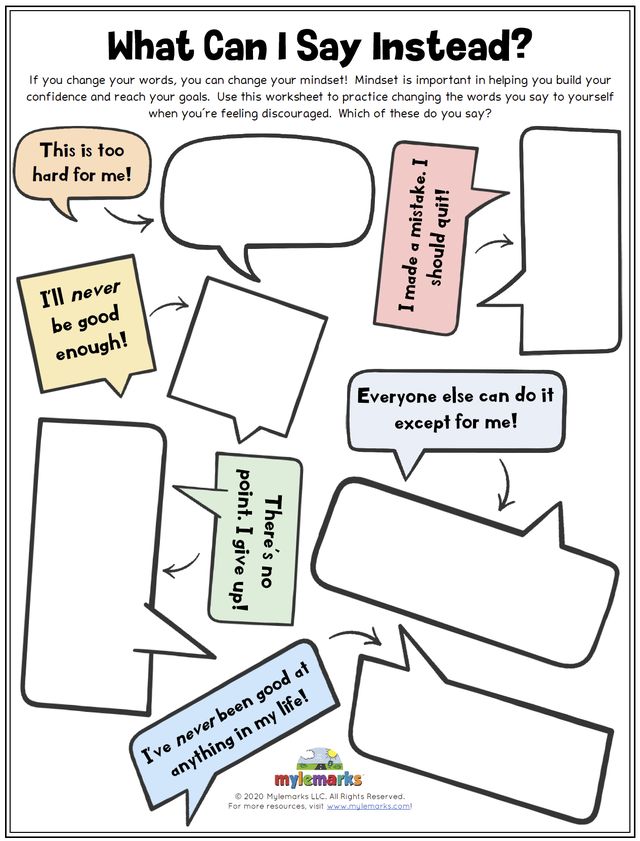 What we believe (or do not believe) helps determine how and with whom to spend time, how much energy to spend on this or that activity. Life guidelines can be associated with other people and with different areas of life. For example:
What we believe (or do not believe) helps determine how and with whom to spend time, how much energy to spend on this or that activity. Life guidelines can be associated with other people and with different areas of life. For example:
- family
- faith
- friends
- culture
- education
- sport
- city
- music
- animals
- art
- environment
Sometimes life values reflect qualities that a person would like to have and display:
- kindness
- reliability
- diligence
- fidelity
- craftsmanship
- energy
- tenderness
- independence
- willingness to help
- creative vein
- honesty
It's not easy to name your values, but it's worth asking yourself now: “What or who matters to me? What worries me the most?"
10. Draw your dreams
Sometimes wishes seem impossible. But it is important to listen to them in order to start designing the future. Here are some ideas to help you find inspiring dreams:
But it is important to listen to them in order to start designing the future. Here are some ideas to help you find inspiring dreams:
- Write about three people you know that you admire. It can be a person from among friends, family members, teachers, coaches, neighbors, or someone else. What are they doing? Why do you consider them special?
- Write about three people you admire but have never met in person. For example, about famous personalities, political leaders, athletes, artists or historical heroes. For what merits do you consider them great?
- Imagine yourself at the prom. Before you enter the celebration hall, you are asked to guess what you will one day become and what you will achieve. What will you answer?
Maybe it's time to take a step towards your dream? — Source
11. Identify sources of inspiration
It is worth drawing energy and confidence from your own sources of inspiration. The questionnaire will help to identify them.

